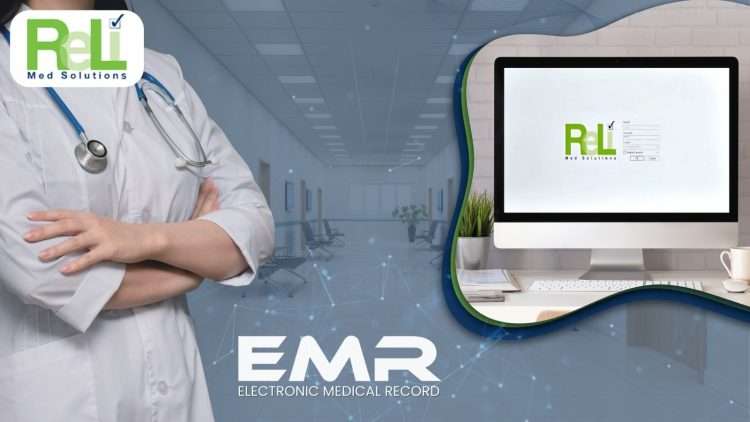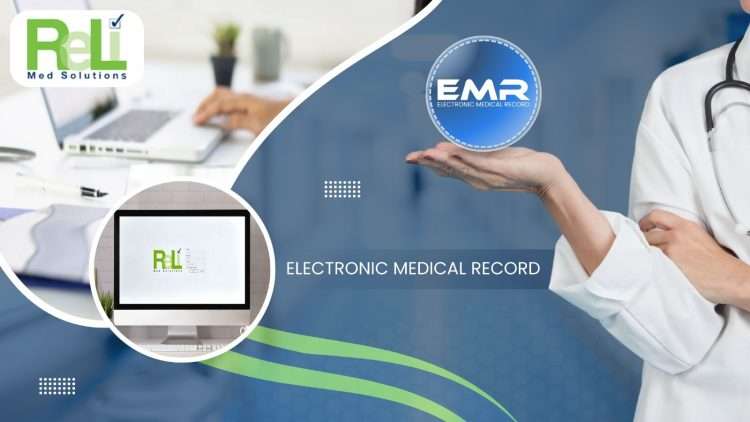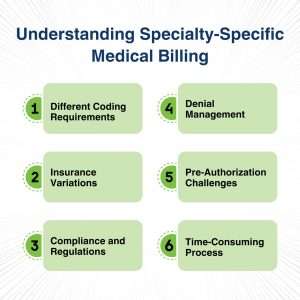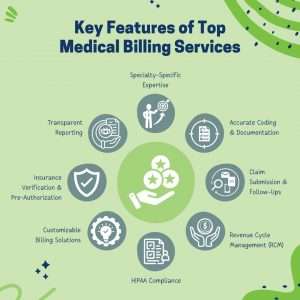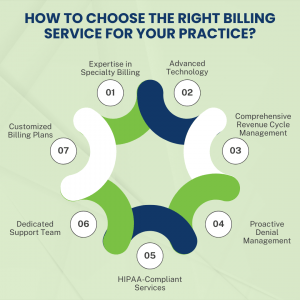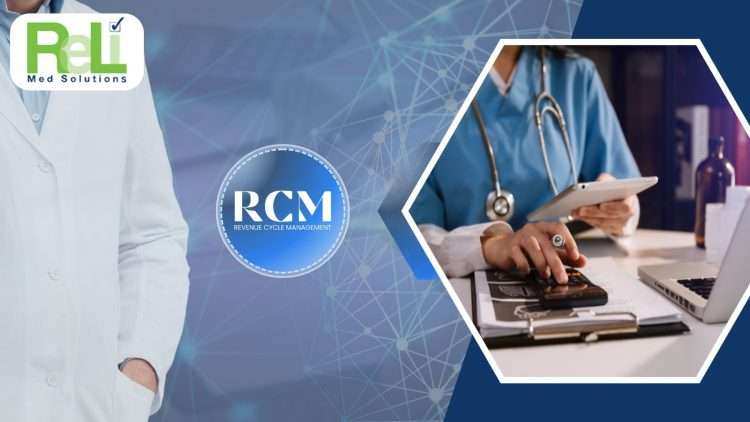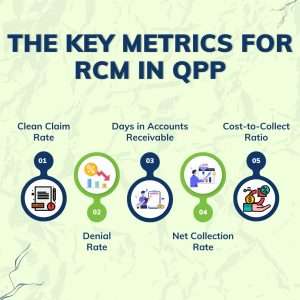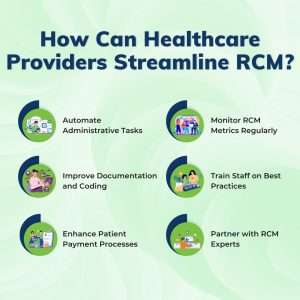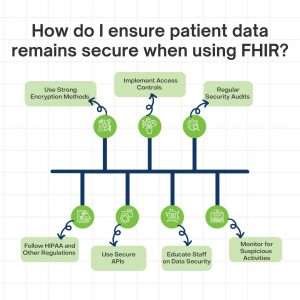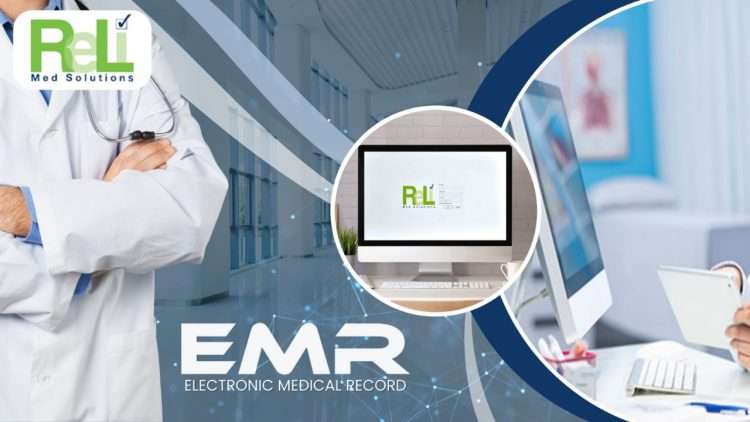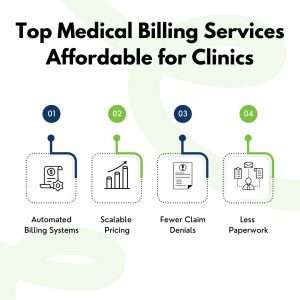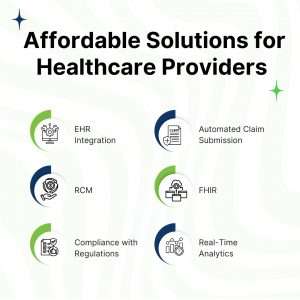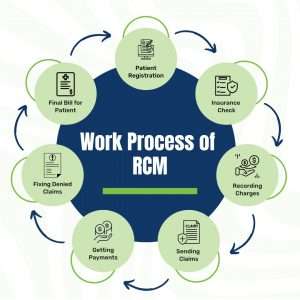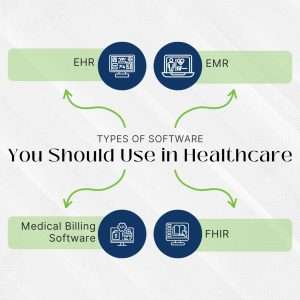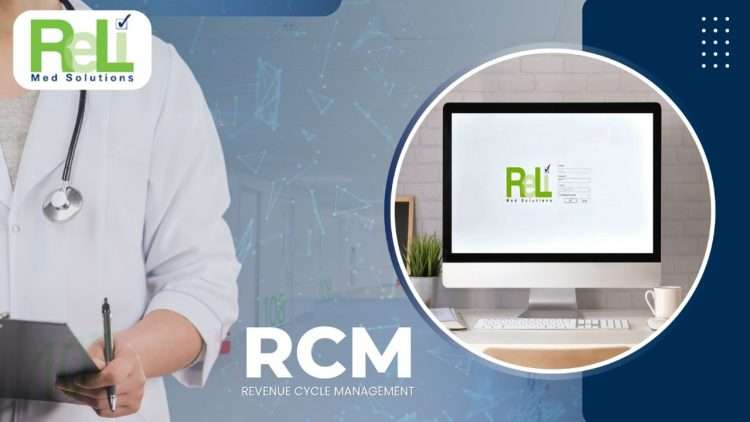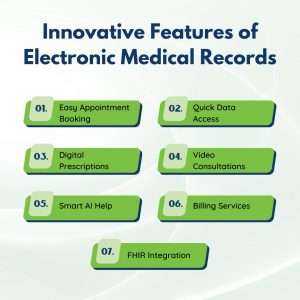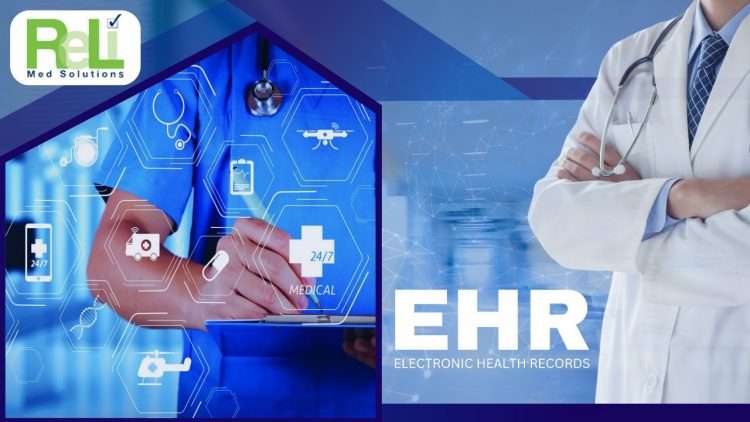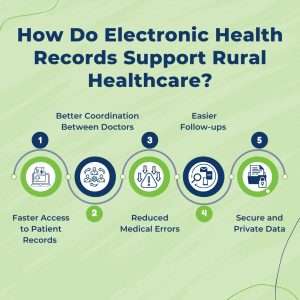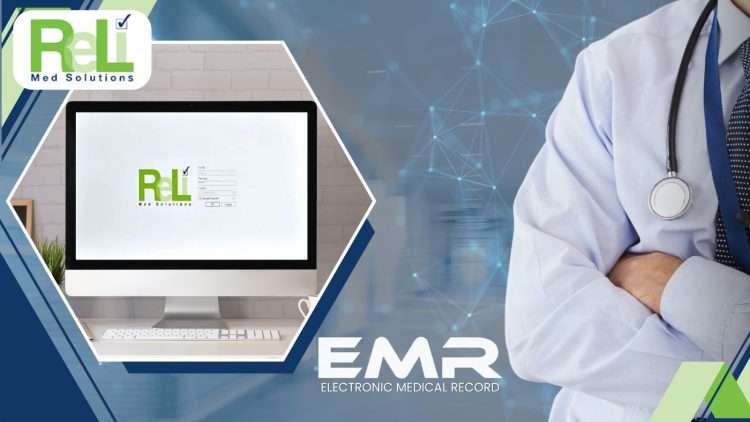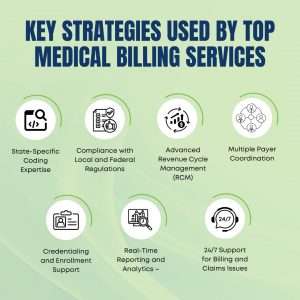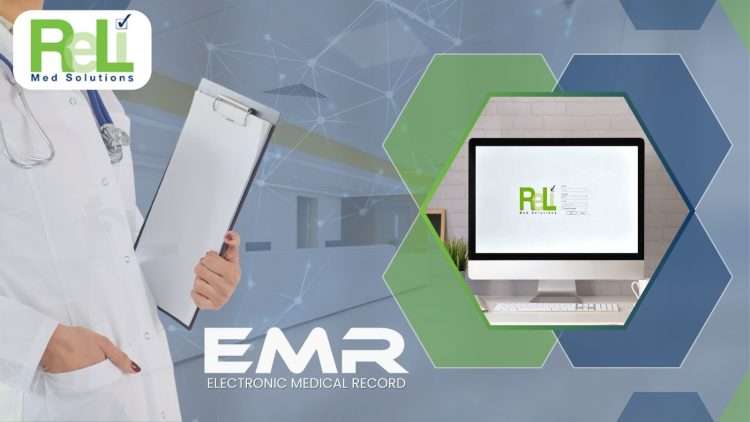5 Ways Electronic Medical Records Are Revolutionizing Doctor’s office in North Carolina, USA
Doctors’ offices in North Carolina are changing fast because of Electronic Medical Records. In the past, doctors used paper files. This was slow and sometimes led to lost or incorrect records. But now, EMRs help store all patent details in one place. Doctors can find data quickly without searching through paper files. If a patient needs a specialist, their medical records can be shared in seconds. FHIR allows safe data sharing between health care workers. Because of that, doctors work better together and treat patients faster. Also, Medical Billing is easier with EMRs. They track visits, policy, and payments. So, let’s see how EMRs are helping doctors’ offices in North Carolina.
5 Ways Electronic Medical Records Are Revolutionizing Doctors’ Offices
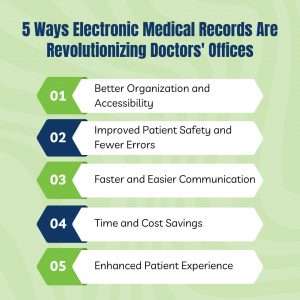
- Better Organization and Accessibility
Finding paper files takes a lot of time. But with electronic medical records, doctors can see patient details in seconds. So, they save time and can take better care of patients. - Improved Patient Safety and Fewer Errors
Paper records can get lost or damaged. But EMRs keep patient details safe in a computer, so only trusted staff can see them. This means fewer mistakes and better privacy for patients. - Faster and Easier Communication
Doctors, nurses, and specialists can share patient details quickly with EMRs. If a doctor orders a test, another doctor can see the results right away. So, patients get the right treatment without waiting. - Time and Cost Savings
EMRs do things like fixing appointments, writing prescriptions, and filling forms automatic. So, doctors and staff spend less time on paper work. This also makes billing and payments faster with fewer mistakes. - Enhanced Patient Experience
Doctors can check patient records from anywhere, even in an emergency. So, patients get the right treatment quickly. Also, billing is easier because there is no need for paper records.
Choosing the Right EMR with ReLi Med Solutions
Doctors need Electronic Medical Records that are simple and easy to use. If an EMR is too complicated, it can slow down work. But with ReLi Med Solutions, doctors get an EMR system that is simple, secure, and works well with RCM and billing services. Because of that, doctors can focus on patients instead of struggling with software. ReLi Med Solutions also offers full support to help doctors move from paper to EMRs easily. So, whether a clinic is big or small, choosing the right EMR improves efficiency.
The Impact of Revolution on Doctors’ Offices in North Carolina
Less Paperwork
EMR reduces paper work, so doctors and staff have more time for patients.
Fewer Mistakes
EMRs find errors in medicine and reports, because of that, patients get safer treatment.
Faster Service
Patients get quick and better care because their medical details are always updated.
Easier Billing and Insurance Claims
If billing happens automatically, payments are done fast without mistakes.
Support for Telemedicine
With EMRs, doctors can treat patients online while keeping their records correct.
FAQs
Q1: How do EMRs help doctors work better?
A: Electronic Medical Records manage appointments, records, and Medical Billing, so doctors can focus on care.
Q2: Are EMRs safe from hackers?
A: Yes. Because of encrypt and FHIR rules, patient data stays protected.
Q3: Can doctors check EMRs from home?
A: Yes! If they have internet, they can check Medical Records anytime.
Q4: Do EMRs help prevent medical errors?
A: Yes, with alerts and digital prescriptions, EMRs help doctors avoid mistakes.
Q5: How can doctors switch to EMRs?
A: ReLi Med Solutions offers training and support so doctors can switch easily.
Conclusion
Electronic Medical Records have changed how doctors’ offices in North Carolina work. Because of that, doctors can find patient details faster, avoid mistakes, and work better. If more clinics and hospitals use EMRs, health care will improve. ReLi Med Solutions provides trusted EMRs that help doctors switch from paper to digital records. So, now is the best time to start using EMRs!

